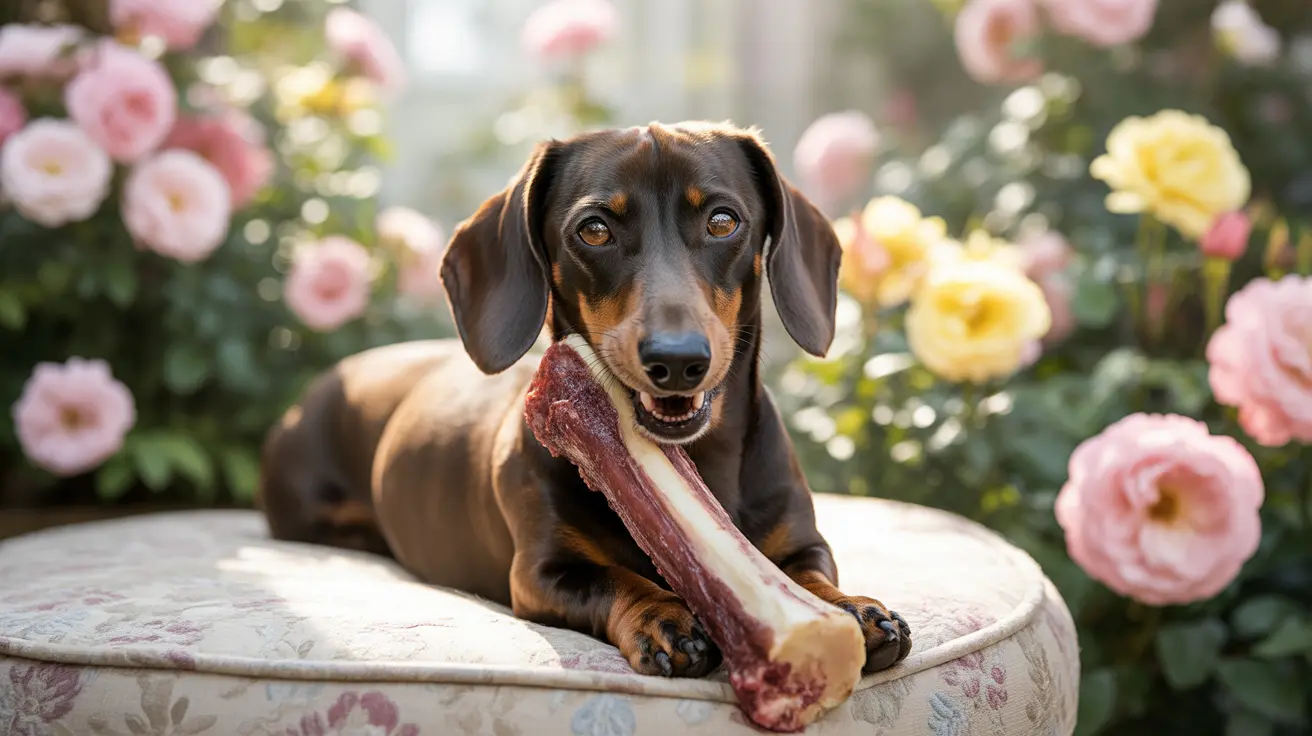Finding the perfect long lasting dog chews for your furry friend can be challenging. With countless options available, from natural bones to synthetic alternatives, it's crucial to understand which chews offer the best combination of durability, safety, and benefits for your dog's specific needs.
In this comprehensive guide, we'll explore the most reliable long lasting dog chews, their unique advantages, and how to choose the right option for your pet's chewing style and size.
Natural Long Lasting Dog Chews
Beef Cheek Rolls
Beef cheek rolls stand out as an excellent natural chewing option. Unlike traditional rawhide, these single-piece treats are highly digestible and can last even the most aggressive chewers up to a week with daily use. At approximately $4 per chew, they offer outstanding value while providing a safer alternative to processed options.
Himalayan Yak Chews
Made from natural ingredients like yak milk, lime, and salt, these dense chews are perfect for moderate chewers. They're long-lasting, naturally preserved, and provide excellent dental benefits while being completely digestible.
Elk Antlers and Bully Sticks
These natural options combine durability with nutritional benefits. Elk antlers are particularly resistant to wear and can last for weeks, while bully sticks offer a protein-rich alternative that supports dental health.
Synthetic Durable Options
Nylon-Based Chews
For dogs who quickly destroy natural options, synthetic chews like Nylabones provide exceptional durability. These products are specifically designed to withstand powerful chewers while maintaining safety standards.
BetterBone Varieties
The BetterBone HARD and SOFT options cater to different chewing styles. The HARD version offers superior durability, while the SOFT variety provides a safer option for puppies, seniors, and gentle chewers.
Choosing the Right Chew for Your Dog
Consider these factors when selecting long lasting dog chews:
- Your dog's size and weight
- Chewing intensity (aggressive vs. gentle)
- Age and dental health
- Previous experience with different chew types
- Any dietary restrictions or sensitivities
Safety Guidelines and Best Practices
To ensure safe chewing experiences:
- Always supervise your dog during chewing sessions
- Replace chews when they become small enough to swallow
- Choose appropriately sized chews for your dog
- Inspect chews regularly for wear and damage
- Remove the chew if your dog shows aggressive chewing behavior
Frequently Asked Questions
How do I choose the right long-lasting dog chews for my dog based on their size and chewing habits?
Select chews that are appropriately sized for your dog - they should be larger than your dog's mouth to prevent swallowing. For aggressive chewers, opt for denser options like elk antlers or hard synthetic chews. For gentle chewers, softer natural options like beef cheek rolls may be more appropriate.
What are the best long-lasting dog chews for maintaining dental health and preventing plaque buildup?
Natural options like beef cheek rolls and bully sticks are excellent for dental health. Their texture helps scrape away plaque and tartar while massaging gums. Synthetic options with textured surfaces can also provide good dental benefits.
How often should I replace long-lasting dog chews to ensure they remain safe for my dog?
Replace chews when they become small enough to swallow or show significant wear. For most dogs, natural chews may need replacement weekly, while synthetic options can last several weeks to months, depending on use.
What are the safest alternatives to rawhide for dogs, and how do they compare to other natural chew options?
Beef cheek rolls, yak chews, and bully sticks are safer alternatives to rawhide. They're more digestible and don't pose the same choking risks. These options also provide better nutritional benefits compared to processed rawhide.
How can I prevent choking hazards when giving my dog long-lasting chews, and what safety measures should I take?
Always supervise chewing sessions, choose appropriately sized chews, and remove them when they become too small. Establish a "trade" command to retrieve chews when necessary, and inspect them regularly for damage or deterioration.






